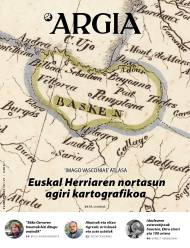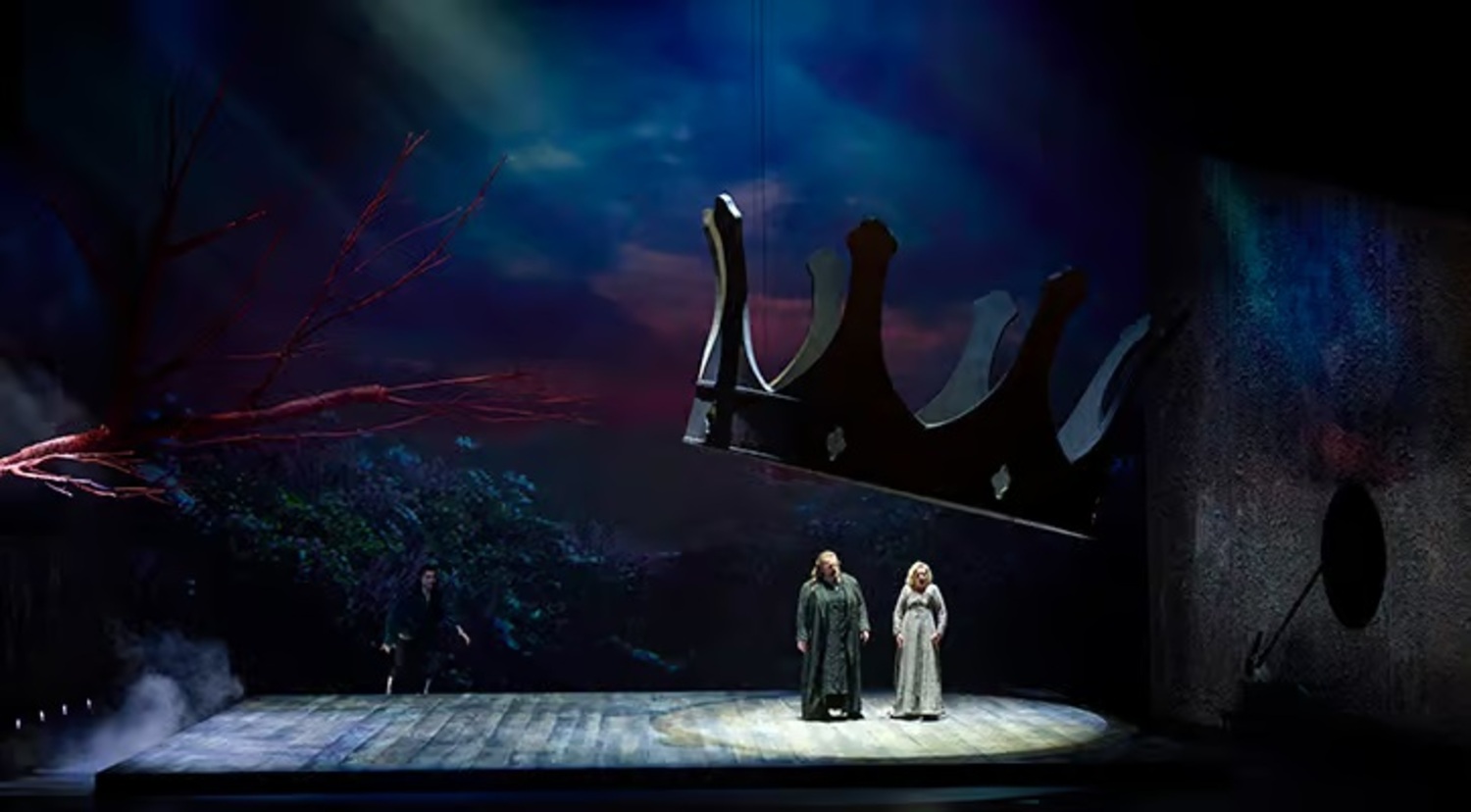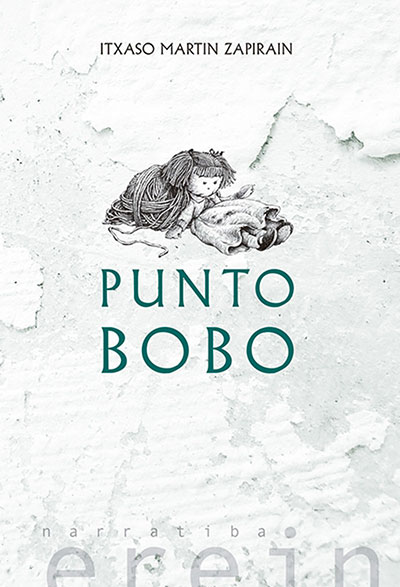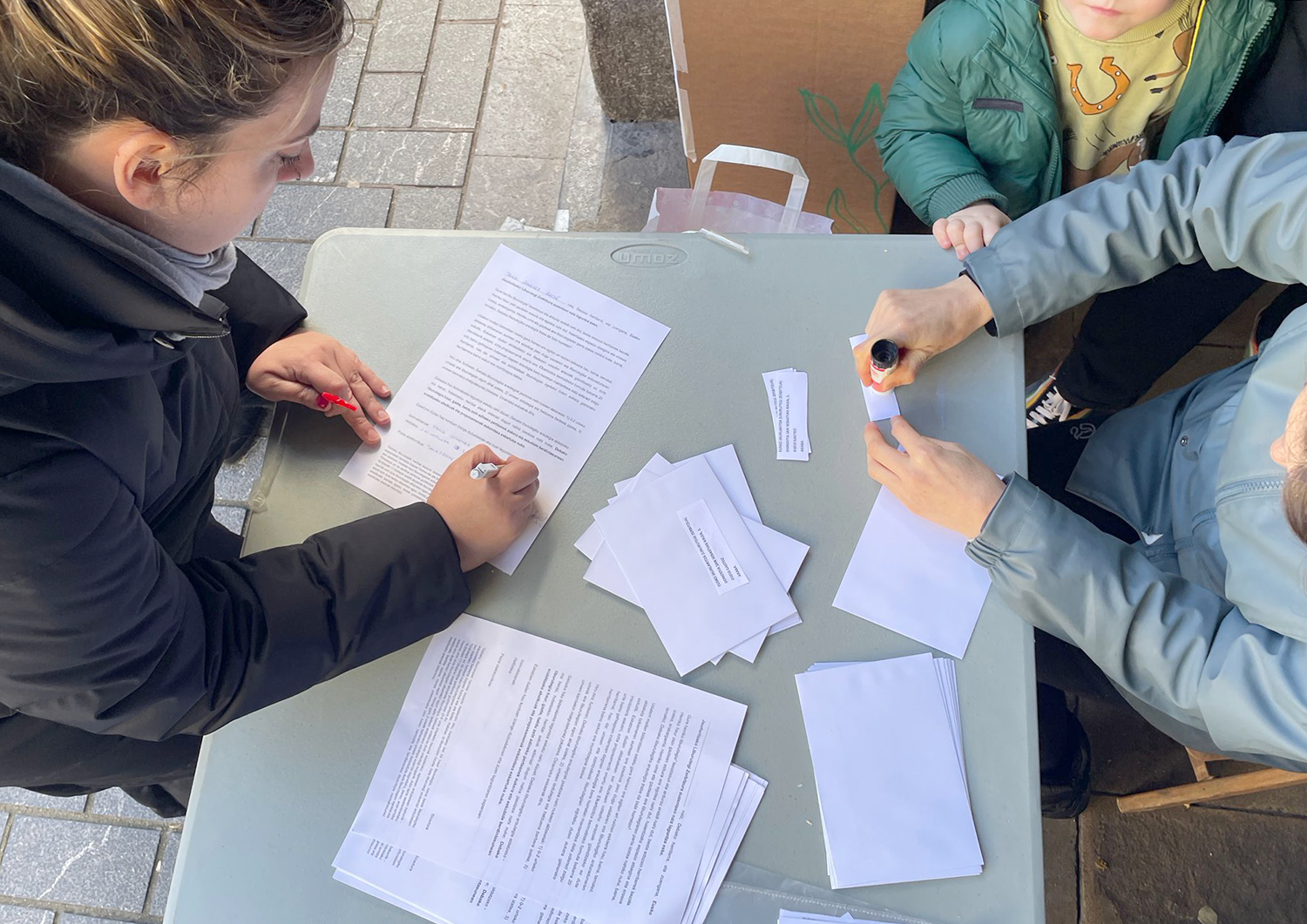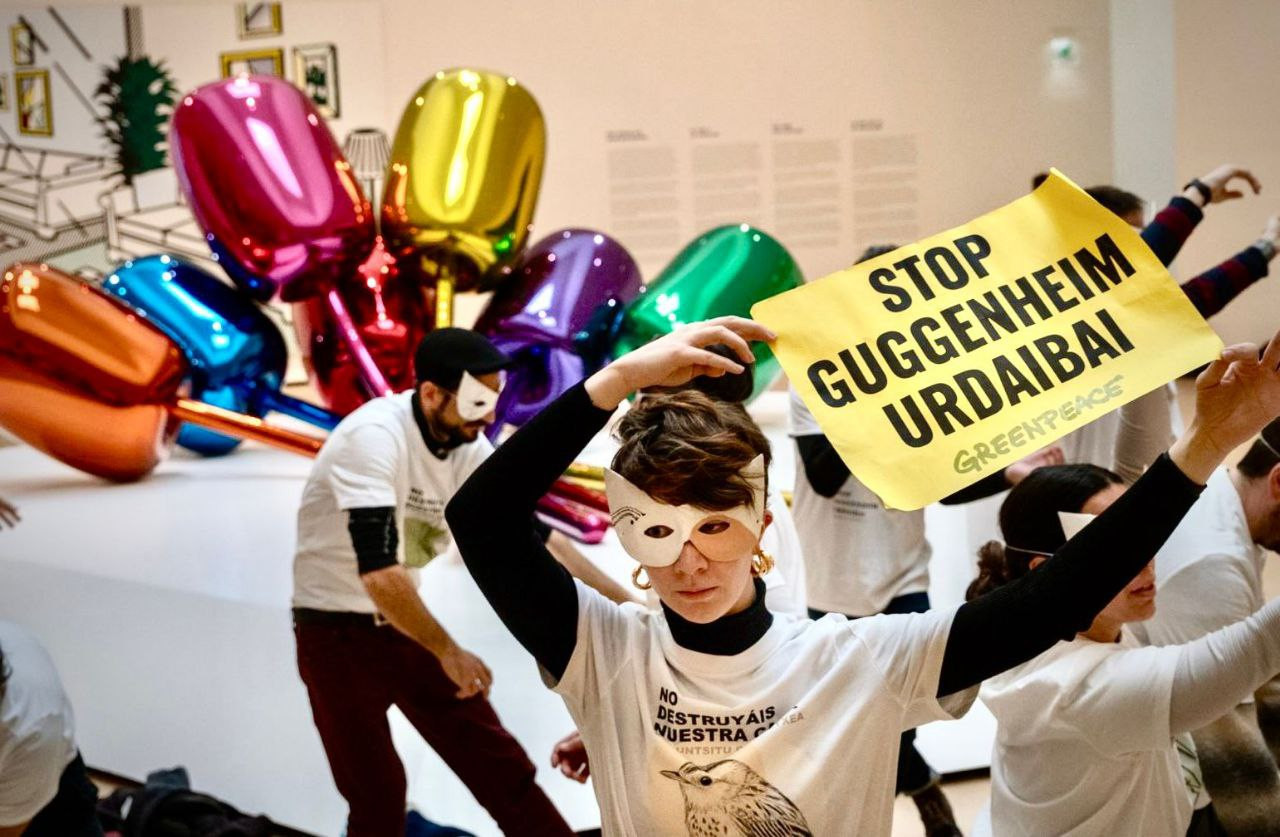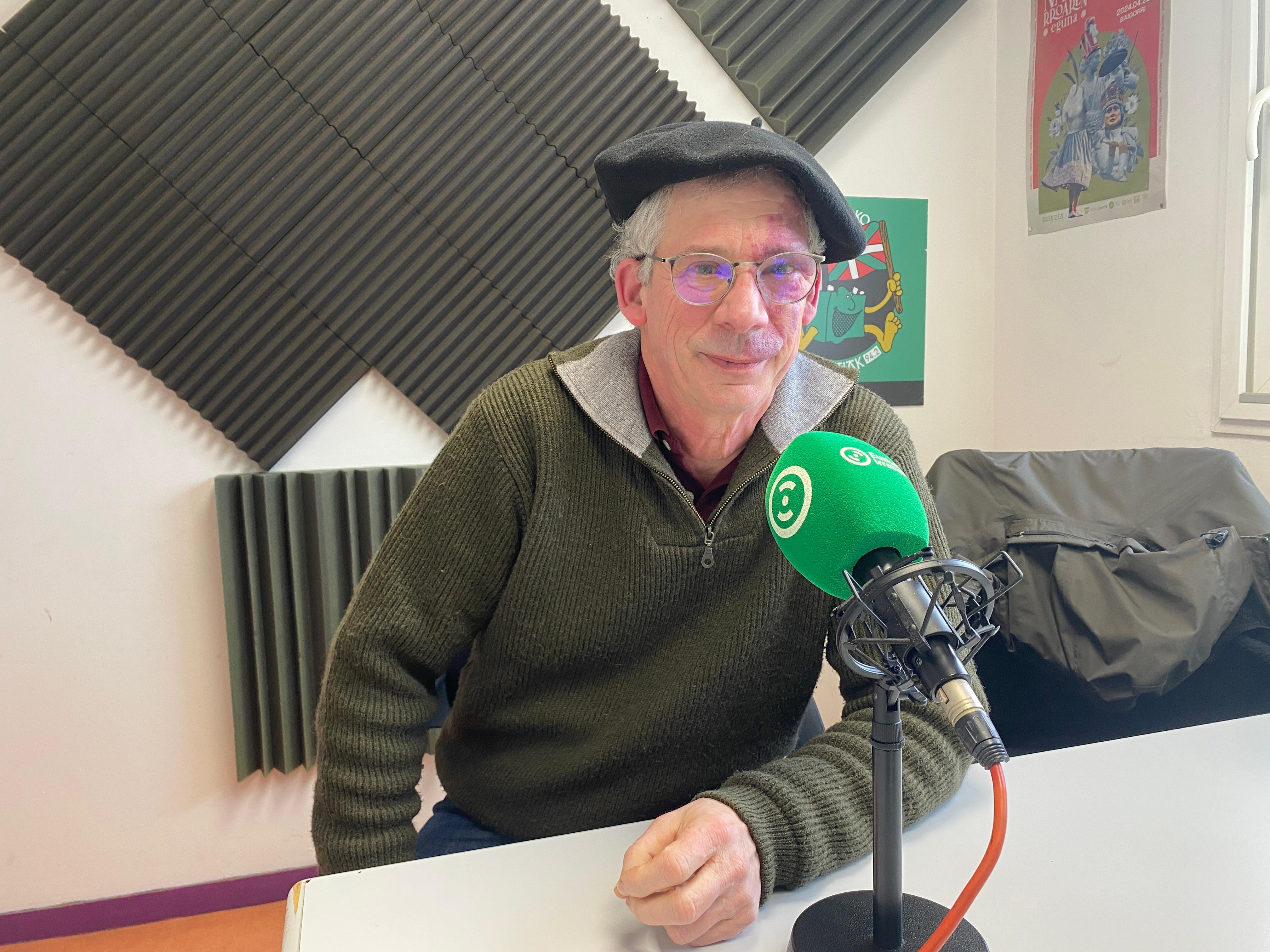“The way to write is the best of Hemingway”
- The following article is subject to a main report: Ernest Hemingway has reached a century in the Basque Country.
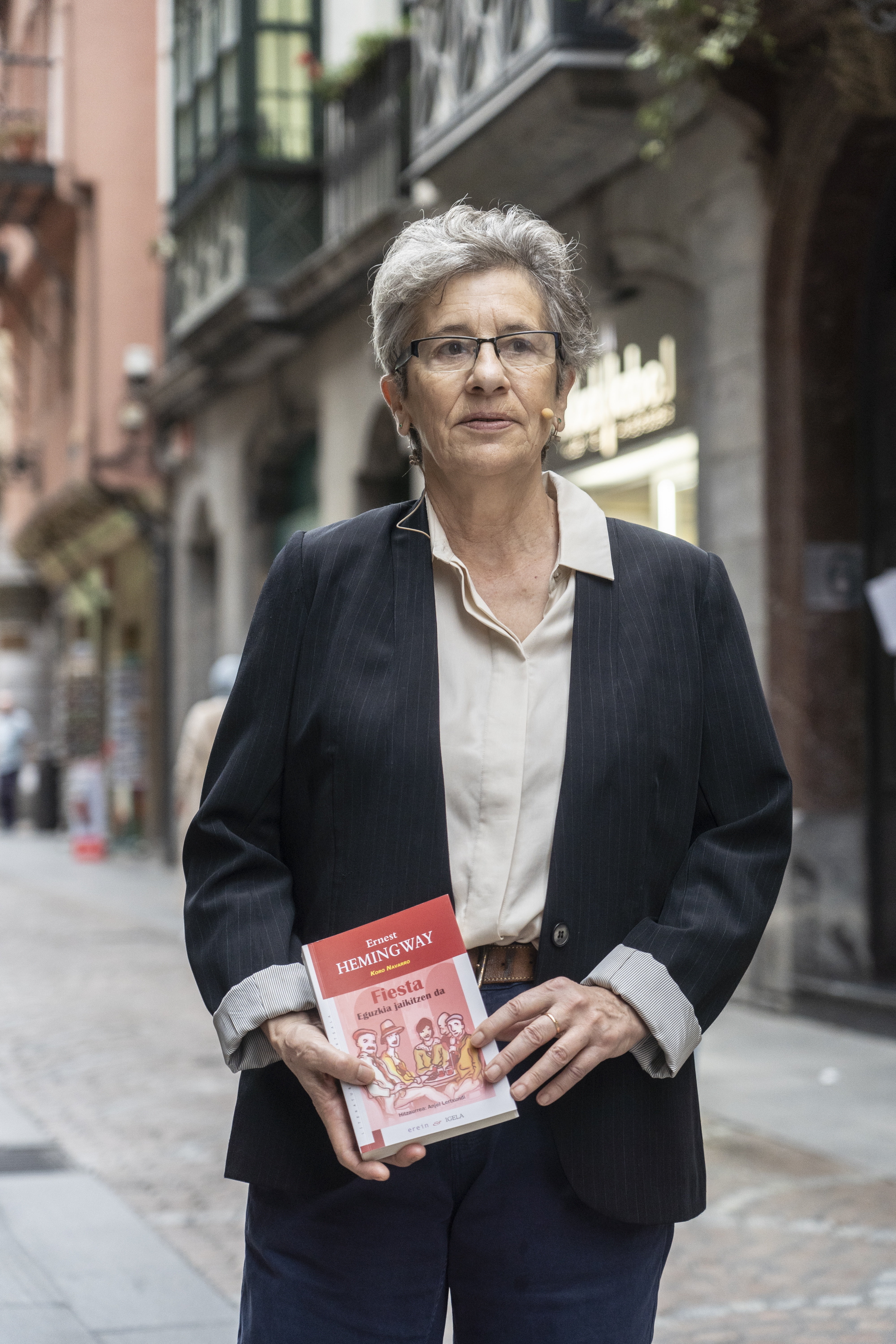
In 1926, writer Ernest Hemingway published the novel Fiesta The Sun Also Rises. The documentary tells of the adventures of an American couple, who walk the road from Paris to Pamplona, including also Baiona, San Sebastian and Irati. The translator Koro Navarro (San Sebastian, 1955) translated it into Basque in the Universal Literature section: Party. The sun rises.
What was your first sensation when you started translating?
With all the translations I always have a bit of fear, how I will manage. The party, besides the traditional fear, inspired me a certain respect, being a work so well known, especially for the Basques. I have been accompanied by friends and friends, and also the book belongs to the collection of Universal Literature, that also helps. Working conditions are very good – not a joke – and as in recent years Igela and Erein have been in charge of publishing, Inazio Mujika has been in charge of revising the text, and that is also a guarantee for me. They're well-preserved books. On the other hand, the works that make up the collection are the main in the world literature, all of them are very interesting. That's the party.
What do you think about Hemingway's writing?
The best thing about Hemingway is, precisely, the way to write. It should be noted that it was written 100 years ago – at Belle époque, as seen on the front page of the first edition; it is read on Wikipedia – but, in spite of that, Hemingway’s writing is very modern. Today, it feels very modern, direct and close to journalism, as underlined by Anjel Lertxundi in his preamble. It's also important in Hemingway's writing, and Lertxundi also says the weight of cinema and the language of cinema in this novel: a wonderful way to describe landscapes, as if it were a mobile camera, and dialogues, conversations between various friends, as if they were live.
Irati is often mentioned on this character journey during the sanfermines. Did it catch your attention?
Irati is a very important resting area of the novel plot, like Donostia, and, although less so, Baiona and Iparralde. Behind the follies of Paris especially alcoholic, the follies of Pamplona also alcoholic and the whirlwind of bulls, the book presents some unbeatable and beautiful spaces of rest. The most beautiful, the safest, Irati's. Nature clean, quiet, quiet, silent… A nature in total, in contrast to the agitated life of the characters. The characters needed it, and the reader thanks. At least I thank him very much. In addition, the characters also change under the influence of nature, allowing them to reflect and express real feelings. In Irati this is very evident, so it is fundamental in the evolution of the novel.
Names of place, rivers, places... How did you adapt to the translations?
I had no problems. Everyone in the Basque Country has a name in Basque, and I have used those names, of course. Those who are strangers, and have no equivalent in Basque, are found as such in the book.
It is an important piece of work in his work. Do you think so?
Yes, of course. But, in my case, I do not know to what extent I am able to discern the intrinsic value of the book and the illusion that makes me the appearance of our people.
So far you have done a lot of translations. Is there a special place in this work?
I have to say that I have a “weird” taste. The best memory brings me the adventures of Nicholas Txiki and I also had a great time turning Agatha Christie's cats into the palm tree. They're simple, short, humorous books -- and maybe you don't feel that responsibility.
But the Fiesta has a special place. For personal reasons: mainly, because I was satisfied with the use of the Hitano, who played a lot in this novel. I have not learned the Hitano, it was 'ugly' in our environment – San Sebastian, in the creation of the first ikastolas, in the 1960s. I have gradually realized the importance of Hitano and his literary value: He/she is not in Euskera to fill that “hole” and reflect the family environment. The same may have to be said, because it is another resource. On the other hand, I was given the Euskadi Translation Award for Fiesta. That is very satisfactory, and I am convinced that the quality of the book itself has an important part to play in it.
Vagina Shadow(iko)
Group: The Mud Flowers.
The actors: Araitz Katarain, Janire Arrizabalaga and Izaro Bilbao.
Directed by: by Iraitz Lizarraga.
When: February 2nd.
In which: In the Usurbil Fire Room.
Puntobobo
Itxaso Martin Zapirain
Sowing, 2024
----------------------------------------------------
The title and cover image (Puntobobo, Wool Bite and Rag Doll) will suggest mental health, making the point and childhood, but more patches will be rolled up as the book... [+]
This wedge that the announcement on the radio Euskadi to replace the bathtub with a shower encourages the commencement of the works in the bathroom of the house. A simple work, a small investiture and a great change are announced. There has been a shift in toilet trends and a... [+]
Duela hemeretzi urte berpiztu zen libertimenduen usadioa Donibane Garazin. Antton Lukuk abiatu zuen mugimendu hori, eta bi hamarkadetan, Ipar Euskal Herriko herri desberdinetara ez ezik, Hegoaldera ere hedatu da.
Arizona
Actors: Justin Garfield and Jon Plazaola...
WHEN: January 26th.
IN WHICH: The New Culture Center. In the square.
-------------------------------------------
The couple Margaret (Aitziber Garmendia) and George (Jon Plazaola) leave Idaho to guard the border between... [+]
Opera 'Tristan und Isolde'
Bilbao Symphony Orchestra. Directed by: Assisted by Erik Nielsen.
The Bilbao Opera Choir. Directed by: Assisted by Boris Dujin.
The stage director: To the Allex Eagle.
The soloists: I'm talking about R. Assisted by Nicholls, G. By Hughes Jones, M. The... [+]
Party and recreation. Oral History of Rock Radical Vasco
Javier 'Jerry' Corral
Books, 2025
------------------------------------------------
Javier Corral ‘Jerry’ was a student of the first Journalism Promotion of the UPV, along with many other well-known names who have... [+]
Itsasoa bete urre
Dani Martirena
Irudiak: Ana Ibañez
Txalaparta, 2022
--------------------------------------------
Liburu honetara barneratzen den irakurleak sentsazio ugari izango ditu. Deigarria da azaleko letren urre kolorea eta zuritasuna, goialdean ageri den... [+]







